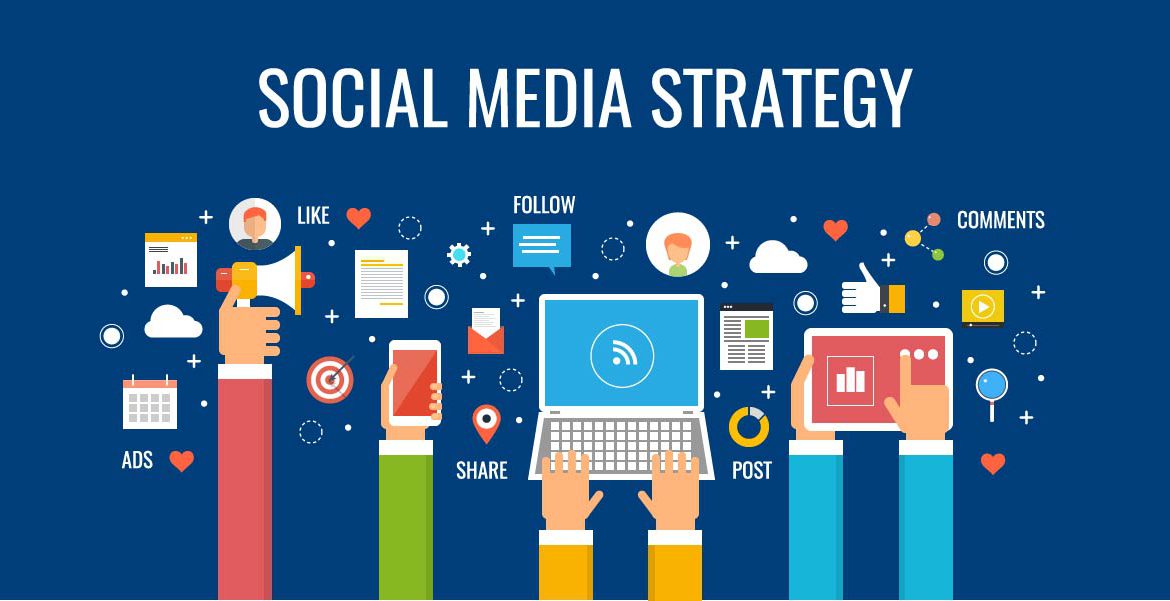Robotic Marketer Blog Posts from April 2021
What Are The Differences Between Sales & Marketing – And How To Align Them
The two words “sales” and “marketing” are often used interchangeably in a business environment. But do you know they carry very different goals and functions?
How to Set Up Marketing Automation for your Business
Marketing automation is about turning your marketing practices or communication with customers into processes that are systemized and automated.








